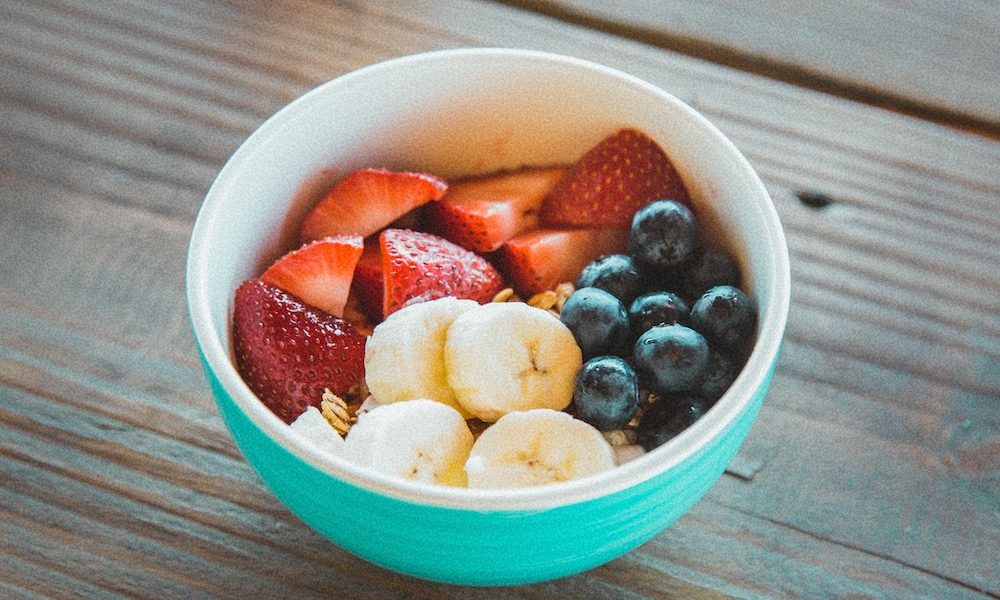Cutting out carbs tends to be one of the first things that’s suggested in diabetes management. Let’s sort through the confusion, and remember that moderation is still key.
BY: ASHLEY MUNRO, RD, CDE
Diabetes is a complex chronic disease. And if you have it, you already know the reality of all the layers required in its management to keep your blood sugar regulated. There’s also a lot of stigma and misinformation, which can make the process of knowing how to eat and practicing self-care behaviors even more difficult and confusing.
As a diabetes educator and dietitian, I have folks who come into my office every day who just want to know “what exactly can I eat” and “what do I need to do.”
At this point, they are accustomed to the idea of having a “rule book” on what is allowed or not, and have completely lost touch of what foods make them feel great and the lifestyle changes that will help them in the long run.
One of the most perpetuated myths when it comes to managing diabetes?
Cutting out carbs.
Our health culture has demonized carbs for years, which makes it especially confusing for those with diabetes.
Carbohydrates are one of the macronutrients we consume, and are required for us as humans. Sources of carbohydrates include:
- Starchy vegetables & legumes (as well as smaller amounts in non-starchy vegetables)
- Fruits
- Dairy (milk and yogurt)
- Grains
- Sugar like honey, maple syrup,or table sugar
They all break down into sugar in the bloodstream to provide your body with fuel. In fact, they are your body’s favorite fuel source.
The other macronutrients are protein and fat, and depending on the decade, each macronutrient has had an opportunity to be glorified or villainized.
This makes it all the more confusing to understand nutritional science, leaving people frustrated with their own efforts towards achieving health. The media also does little favors by way of articles that make us believe that bananas are the ‘worst fruit’, and that carrots and tomatoes have ‘too much sugar’.
However, total restriction may not be necessary when the carb focus is on fiber-rich whole foods, such as vegetables, fruits, and whole grains.
One research study showed that a plant-based diet with 64% of calories from carbs showed improved glycemic control in diabetics. In another study, people with type 2 diabetes who followed a diet primarily based on fruits, vegetables, and whole grains that contained 70% of calories from carbs showed significant improvements in their blood sugar and other health markers.
Furthermore, recent research has shown there is greater risk of mortality in the long-term when our carbohydrate intake is all-or-nothing. Rather, the more favored carbohydrate intake for optimal health is right in the middle, with 50-55% of your daily calories. This is a common recommendation, and usually a great starting point to adjust from through a normalized point-of-view around foods, rather than outright fearing and restricting carbs.
In fact, the concept of a “diabetic diet” is not an up-to-date recommendation, and there is no such thing.
Rather, people who have diabetes can aim for a healthy meal pattern to help improve their blood sugars, which can be a meal pattern for someone who does not have diabetes. The Standards of Diabetes Care recommended goals for nutrition therapy (provided by a health professional) for those with diabetes include:
- Promote and support a healthful eating pattern– Variety, moderation and balance, to improve overall health and achieve blood sugar targets.
- To address individual nutrition needs based on personal and cultural preferences, health literacy, ones access to healthful foods, willingness and ability to make behavioral changes, and barriers to making those changes.
- To maintain the pleasure of eating by providing nonjudgmental messages about food choices.
- To provide an individual with diabetes the practical tools for developing healthy eating patterns rather than focusing on individual macronutrients, micronutrients, or single foods.
If you or someone you know has diabetes or pre-diabetes, reconsider the carb-restrictive thoughts or outdated advice.
Diabetic or not, remember this: we eat food, not nutrients.
HEADER IMAGE: DANE DEANER
Ashley Munro, RD, CDE is an Arizona-based private practice dietitian, chef, and certified Intuitive Eating counselor who helps others heal their relationship with food by letting go of diet rules and learning to accept their bodies. Through delicious cooked meals and recipes, Ashley shares her passion for food freedom, cooking, and family on her site.

